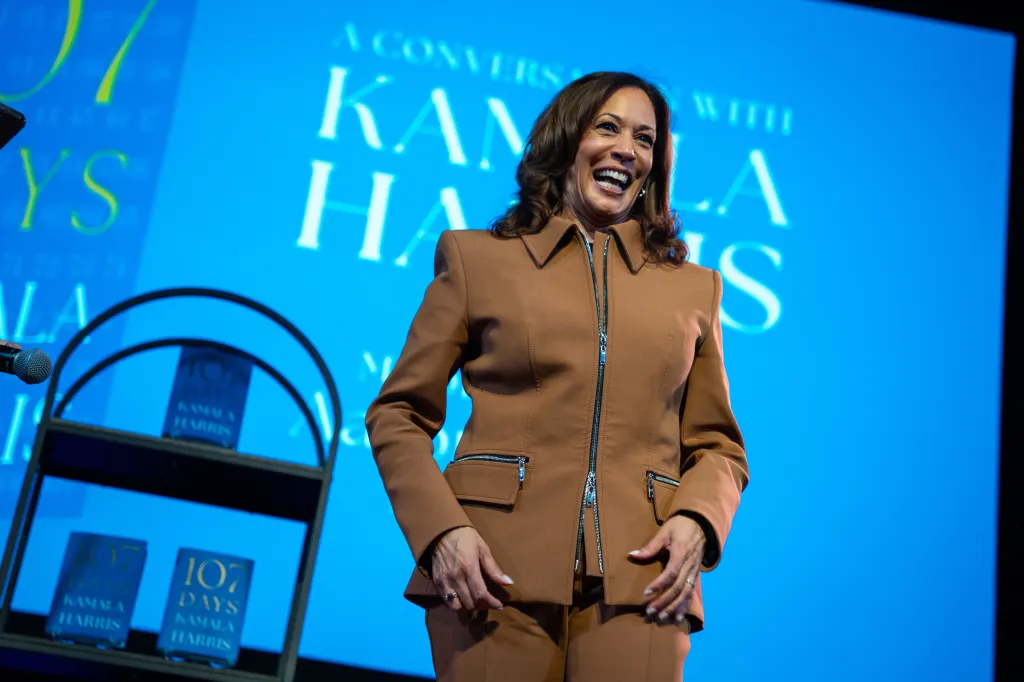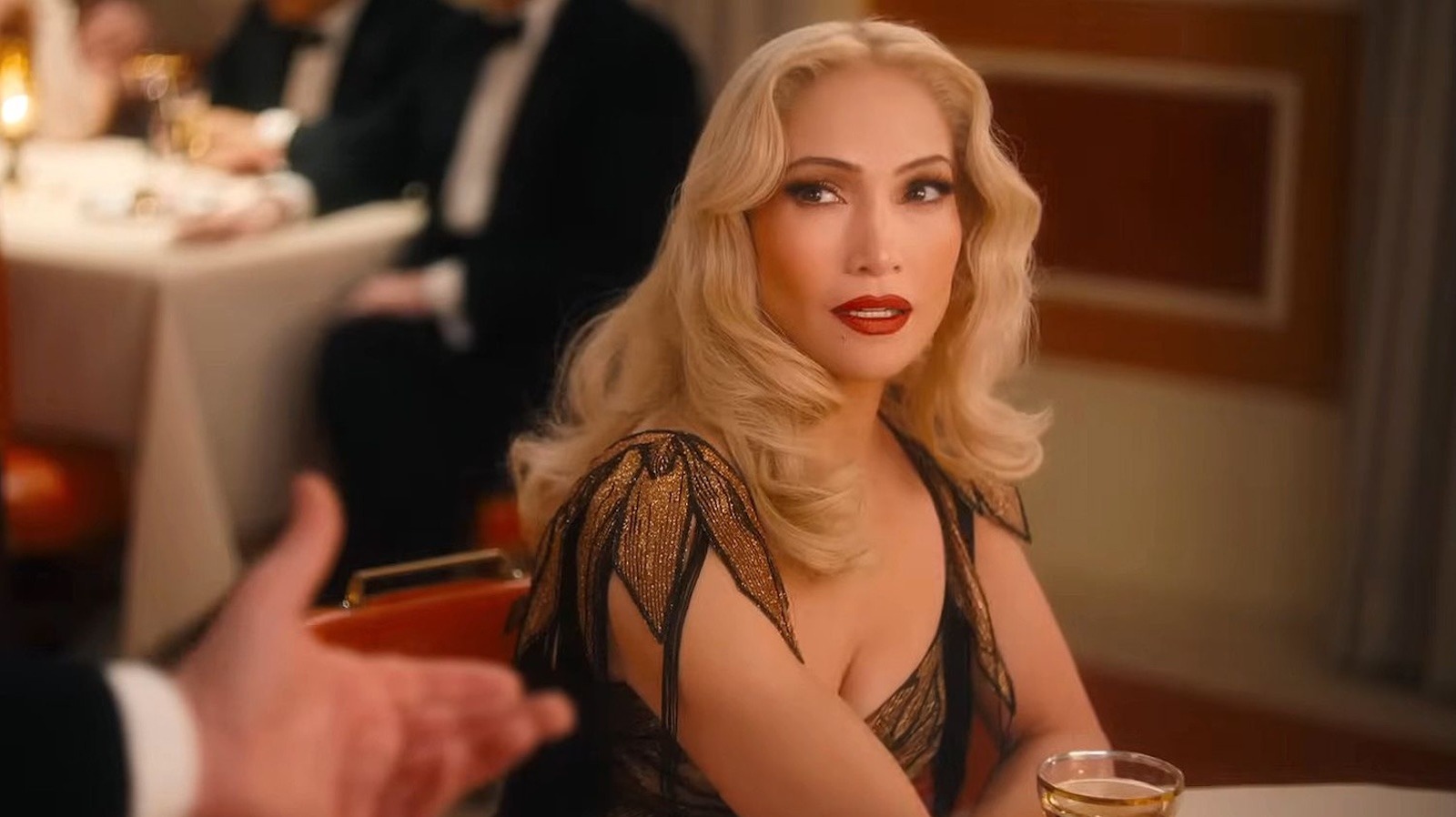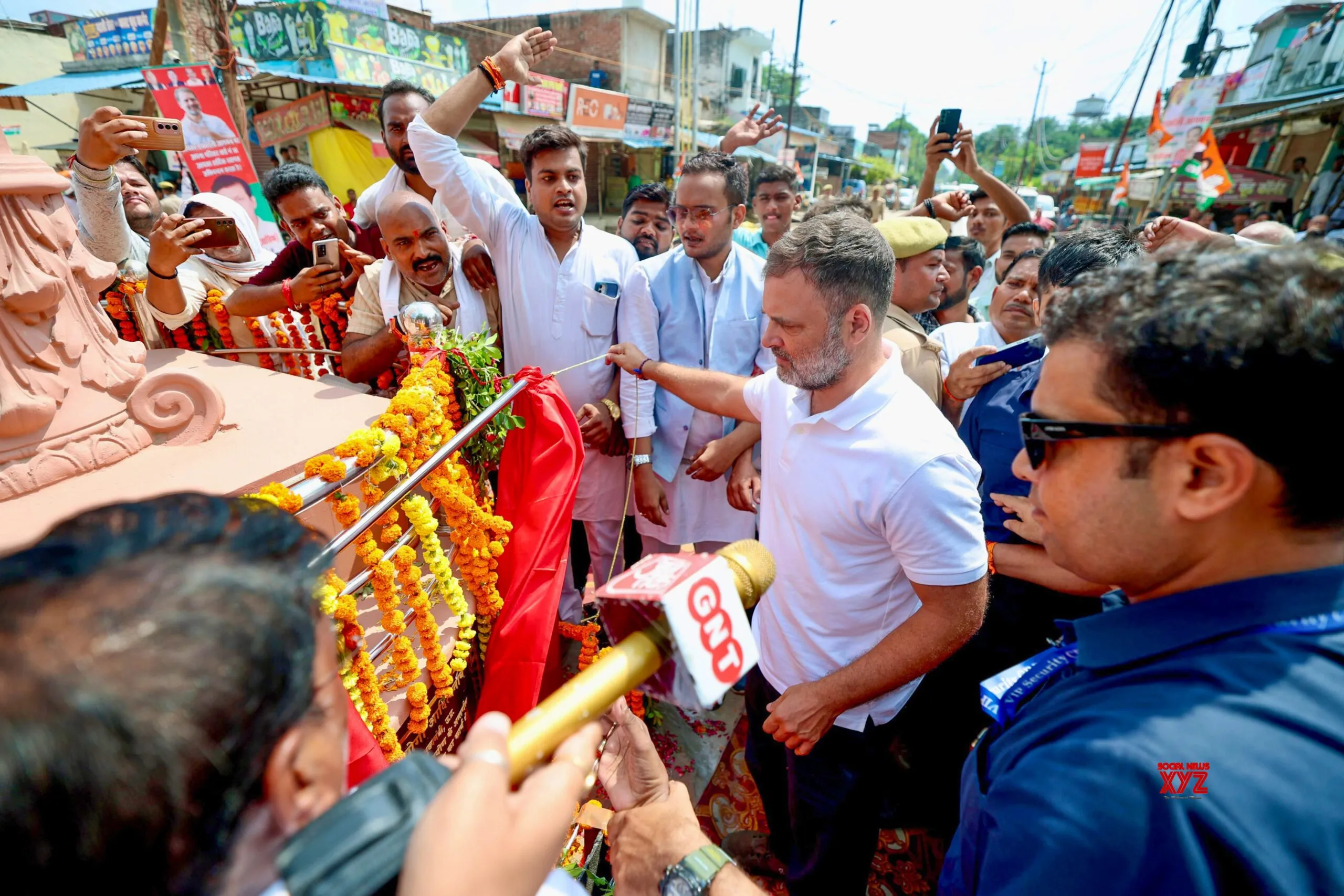
In our divided nation, it is difficult to write something that irritates both political sides in equal measure, but Kamala Harris improbably has managed to do so.
The matter concerns the viability of the former transportation secretary, Pete Buttigieg, for the role of vice president. In her new book, “107 Days,” former Vice President Harris says she considered Buttigieg for the position but decided that, while he’d have been perfect if he were a straight, white male, his being gay was just too much of a risk.
“We were already asking a lot of America: to accept a woman, a Black woman, a Black woman married to a Jewish man,” she wrote. “Part of me wanted to say, ‘Screw it, let’s just do it.’ But knowing what was at stake, it was too big of a risk.”
Opportunistic critics on the right saw this as bigotry, plain and simple. More thoughtful critics on the right saw it as a byproduct of the Democratic Party’s self-defeating obsession with identity politics, a belief system wherein the party elites have taken their cues from the very online progressive left and convinced themselves that the American electorate is filled with racists, antisemites and homophobes, even the swing voters who obviously mattered the most to Harris from an electoral point of view.
Critics on the left, including Rachel Maddow, who called the statement “hard to hear” when Harris defended it to her in an MSNBC interview promoting her book, were understandably chagrined that Harris seemed to be saying pretty clearly that Buttigieg was her first choice but she vetoed her own impulse merely because he is gay. And this from a Democrat!
Bad choice, to our minds, from a campaign that, yes, had little time but that still made all too many of them. Bad choices, that is.
The chosen candidate, Minnesota Gov. Tim Walz, didn’t attract a meaningful number of voters who were not going to vote for Harris anyway and JD Vance wiped the floor with him during the vice presidential debate. Buttegieg, a formidable intellect and masterful debater, would not have let that happen.
The residues of all kinds of prejudices exist in the extreme reaches of the American electorate. So stipulated. But the idea that middle-of-the-road Americans still approach elections seeing identity markers of race, gender or sexuality as demerits or reasons not to vote for someone is patently absurd.
People simply do not think, well, I am agreeing to vote for a Black woman married to a Jewish man here, but a gay running mate would be a bridge too far. This is so much nonsense. For one thing, there are plenty of middle-of-the-road Americans who happen to be gay, Jewish, Black and female themselves, or maybe all four. Harris seems to think the entire electorate is composed of deeply prejudiced white male gentiles.
Swing voters look for the candidate who they think will best represent their economic and security interests. They are typically unconcerned with most personal matters, as the current occupant of the Oval Office has manipulated much to his advantage. The quicker Democrats get the message on this, the better for the party.
The quicker the Harris book tour ends, too, the better for the party.



